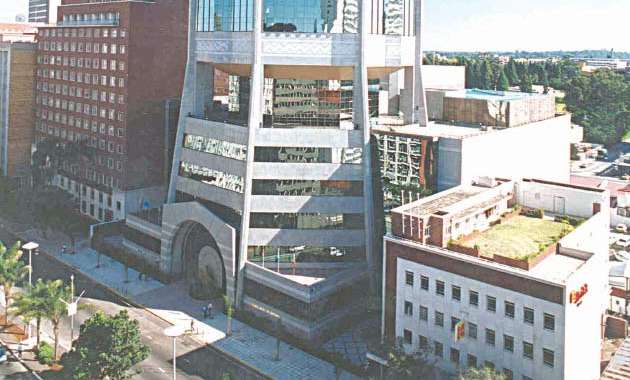Bank savings up 8pc

 Martin Kadzere Senior Business Reporter
Martin Kadzere Senior Business Reporter
BANK savings grew 8 percent in the 10 months to October this year to $2,57 billion from $2,38 billion in the same period a year ago, latest statistics from the Reserve Bank show.
The savings comprise all deposits other than demand deposits. Analysts say that despite the growth, Zimbabwe’s saving culture remains weak largely due to lack of public confidence, poor returns on savings, lack of spare cash to save among other issues.
To restore the culture of saving, some banks have come up with products to encourage savings such as interests bearing accounts, which have limited or no bank charges.
But these have not been “so attractive” to encourage huge savings.
“As you know that during the hyperinflation era, savings were eroded and people lost confidence,” said one economist.
“Formally employed people are getting salaries, yes, but after spending on basics, they are left with nothing to save. The economy is now dominated by informal and small businesses, but the money might be going under mattresses because people don’t have confidence.
“More importantly, banks charges and fees are too high and are discouraging savings.”
During the period between January and October, savers had about $1,58 billion deposited with commercial banks from $1,53 billion in the previous comparable period.
Business Societies held $893,7 million from $732,5 million and POSB had $97,5 million from $87,5 million. There has been a gradual increase in deposits over the past five years.
Economist Dr Gift Mugano said banks should increase financial depth by including other financial products like insurance and educational facilities.
He said there is also need for banks to move with time by going into non-traditional markets.
“However, it is important to note that Government and private sector have joint responsibility of formalising the informal sector,” said Dr Mugano.
“Our economy is largely informal. As long as this sector is informal, the money will remain in the informal sector.”
Dr Mugano said measures, which can help the informal sector to get formalised, should include business linkages whose conditions normally requires the informal players get registered with all business transactions going through the formal financial system.
“We must also remember that savings are a function of income. In recent years, households and corporates incomes dwindled significantly leaving economic agents with thinly spread incomes, which leaves no room for savings. We need to address this fundamental problem of low income. What we are seeing as low savings are mere symptoms. Income can only be increased through raising productivity and competitiveness. As we go into 2016, this should be our area of focus,” said Dr Mugano.
Last week, President Mugabe criticised banks for discouraging savings by charging exorbitant service fees. The President noted that sometimes savers were losing their value due to high banks charges while on the other hand paying huge interests on borrowings.
“It’s only in (Zimbabwean) banks where time reduces deposited savings, instead of growing them,” said President Mugabe.
“One gets punished for depositing savings with banks, it seems. One gets less for one’s deposits, but pays more for borrowing.”











Comments